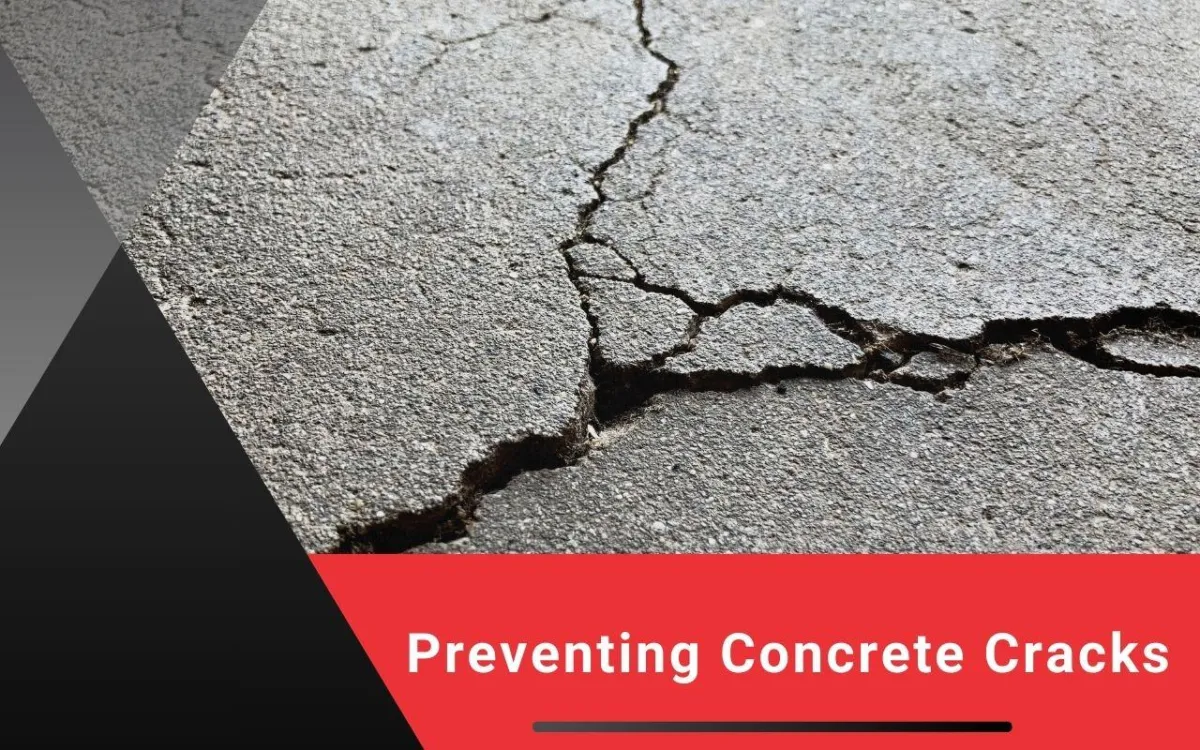BLOG

Preventing Concrete Cracks
Preventing concrete cracks is one of the most essential parts of maintaining durable concrete surfaces. Nebraska's climate can severely stress concrete, whether it’s in a driveway, sidewalk, or patio. However, with a few preventive measures, homeowners in Omaha, Lincoln, and Columbus can avoid costly repairs and keep their concrete looking its best.
Preventing Concrete Cracks the Right Way
Not all cracks are avoidable, but many are. When you understand what causes them and take the right steps early, your concrete will last longer and require less maintenance.
What Causes Concrete Cracks?
Concrete cracks are due to both natural and manufactured factors. Here are the most common:
Shrinkage – As concrete dries and hardens, it naturally shrinks. Without control joints, this can cause cracks.
Soil movement – Shifting or poorly compacted soil under the slab can create gaps and stress points.
Water exposure – Poor drainage leads to water seeping underneath the concrete, freezing, and expanding.
Overloading – Heavy vehicles or equipment can stress the slab beyond its design capacity.
Understanding the cause helps determine the best prevention method.
Use Control and Expansion Joints
Joints allow concrete to expand and contract without cracking randomly.
Control joints are planned lines cut into the concrete to guide where cracks occur.
Expansion joints are flexible spaces filled with material to absorb movement.
Proper joint spacing and sealing are essential. We offer expansion joint services to help reduce crack risks.
Ensure Proper Drainage Around Concrete
Water is one of concrete’s worst enemies.
Make sure gutters and downspouts direct water away from paved surfaces.
Avoid letting water pool or sit at the base of concrete slabs.
Grade surrounding soil to slope away from the concrete.
If you see pooling or erosion, it’s time to act.
Seal Your Concrete Surfaces
A quality sealant adds a barrier against moisture, chemicals, and freeze-thaw damage.
Use penetrating sealers for driveways and sidewalks.
Apply epoxy coatings in garages or commercial spaces.
Reapply sealant every 2–3 years, depending on traffic and climate.
Need help choosing the right sealer? Learn about our concrete sealing solutions.
Avoid Excess Weight and Stress
Concrete is strong—but not indestructible.
Avoid parking heavy trucks or trailers on residential driveways.
Don’t stack heavy materials in the same spot long-term.
If needed, reinforce the slab during installation or renovation.
Preventing Cracks Saves Time and Money
Following these simple tips for preventing concrete cracks will protect your surfaces from unnecessary damage. Cracks can lead to water intrusion, stains, and structural issues—so acting early makes a big difference.
If your concrete is starting to show wear or you want expert help with sealing or joints, contact WMG Caulking. We work with homeowners and businesses across Omaha, Lincoln, and Columbus, NE. Call us at (402) 510-5207 or visit today.

Cracks, gaps, and surface wear weaken concrete, causing costly damage. You need a solution that lasts. That’s where we come in. Our expert team specializes in sealing and caulking, ensuring durable surfaces that withstand time and weather.




